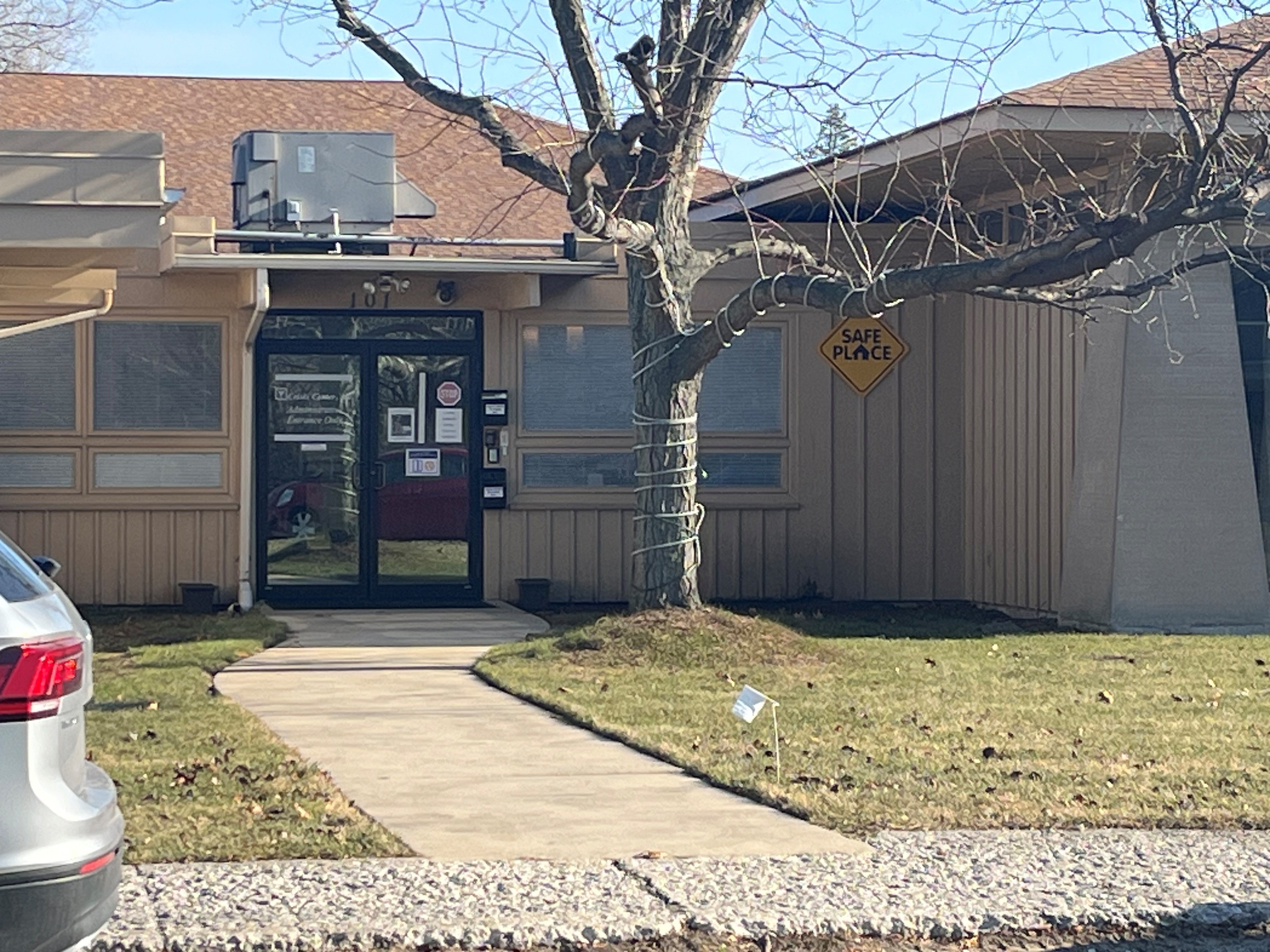NBC 5 Investigates conducted a six-month investigation that found sexual assault charges were never filed or were dropped in favor of non-sex charges time and time again. Find our extensive "Dismissed" series here.
Shelavontay Tucker said the evening began cordial.
She invited her ex-boyfriend into her home and said she told him he wasn’t welcome in her bedroom.
Court records alleged he forcibly removed her clothing, threatened her and sexually assaulted her.
“And at that point I had slid off the edge of the bed, and I just sat like this balled up, and I was just crying. I was just crying because I didn’t know what to do,” Tucker said, fighting back tears.
Her ex-boyfriend would later tell Chicago police he did nothing wrong and that “it wasn’t forced.”
He said. She said.
Investigations
He was an armed security guard.
She said she had no choice.
Feeling out of the loop? We'll catch you up on the Chicago news you need to know. Sign up for the weekly Chicago Catch-Up newsletter here.
“I didn’t fight back because my children were there. And when you have a gun in your windowsill, it’s like, what if my kids bust in? What can happen next? So, I didn’t want to put my children in danger. So, I kind of like, I submitted to him. I submitted, and I gave him in to him. And I just stop fighting at this point, and I lost hope,” Tucker told NBC 5 Investigates.
While her complaint to Chicago police led to his arrest two weeks later, the two aggravated sexual assault charges against her ex-boyfriend, Cortez Fort, were eventually dismissed. Fort spent time in jail on the 2019 case, which lingered for more than three years before a plea deal was reached.
It ended with Fort pleading guilty to a single kidnapping charge. He was sentenced to seven years in prison but was given credit for more than 1,200 days served. He spent a week in the Illinois Department of Correction before being released on parole.
Fort initially agreed to do an interview with NBC 5 Investigates and expressed interest in “clearing his name,” – as he wrote in a response email to our questions.
Online court records showed he was previously cleared of charges in a separate domestic incident involving another woman. Fort has not responded to additional attempts to reach him.
Cases like this can represent a larger complexity in prosecuting sexual assaults cases, according to Cook County State’s Attorney Kim Foxx and former Manhattan prosecutor Deborah Tuerkheimer.
Foxx said, in general, that sometimes cases don’t materialize because the evidence isn’t there or it’s one person’s word against another.
“We all tend to overestimate the likelihood that an allegation is false,” Tuerkheimer said.
Tuerkheimer, a Northwestern University Law professor, who has written a book about what she calls a “credibility discount” – arguing we are hardwired to disbelieve accusers – especially those from marginalized communities.
“The testimony or the word of a victim is itself evidence and often it's not considered evidence. Often, it's dismissed as something less than evidence or something that can't be believed,” she added.
An in-depth analysis by NBC 5 Investigates revealed a pattern where Black victims were less likely (25.49 percent) to see their alleged perpetrators convicted of a sex crime compared to white victims (40.58 percent). The disparity was nearly as wide among Hispanic victims.

NBC 5 Investigates also found despite 21,000 alleged sexual assaults and other sex crimes reported to Chicago police between 2018 to 2023 – there were fewer than 1,600 arrests in that six-year period.
Once inside the Cook County court system, the numbers dwindled even further - just 1 out of every 5 arrests led to a sex crime conviction with prison time.
All told – of the 21,000 alleged sexual assaults and sex crimes reported to Chicago Police – just 1.5 percent resulted in a sex crime conviction with prison time.
Chicago Police did not respond to an emailed message seeking comment about our findings.
We did share our findings and speak with Cook County State’s Attorney Kim Foxx, who is also a sexual assault survivor.
When asked what she would say to victims who feel like an injustice has played out, Foxx said, “You know, as a survivor, I can’t tell a survivor how they should feel. I can’t answer that to say to folks who feel that it is not justice for them. They have every right to feel that that’s not just – what we try to weigh – again, is having our survivors at the center.”
Tucker told NBC 5 Investigates that, "I felt like I was the criminal that was being investigated… versus the empathy that you would think that detectives will have for you when you come forward.”
Tucker said she felt betrayed by the system – let down by prosecutors who, she said, didn’t make it clear why the case fell apart.
A spokesperson for Foxx refused to say why the aggravated sexual assault charges against Fort were dropped, saying it was “part of our deliberative process.”
NBC 5 Investigates obtained the body-camera footage of Fort’s arrest.
The video shows officers responding to a convenience store where Fort is working as a security guard. It appears one of the officers knows Fort.
“He helps us out all the time,” the female officer said.
A portion of Fort’s audio was redacted by Chicago police, but other officers can be heard offering to move Fort out of public view as he is placed in handcuffs.
“You can tell the detective all that. We will help you out the best we can,” one officer said.
“Do you want us to back the car up so no one see you getting in?”
While court records alleged Fort forcibly removed Shelavontay’s clothing and sexually assaulted her, a handwritten notation in the court record also stated a witness called into questioned Shelavontay’s credibility.
In one out of every three convictions we reviewed - we found instances where a person arrested for an alleged sex crime later pleaded guilty to a reduced charge - something other than a sex crime.
Of those who were convicted, we found nearly half – or 49 percent – walk out of court with no prison sentence or are convicted of a lesser charge, such as battery.



